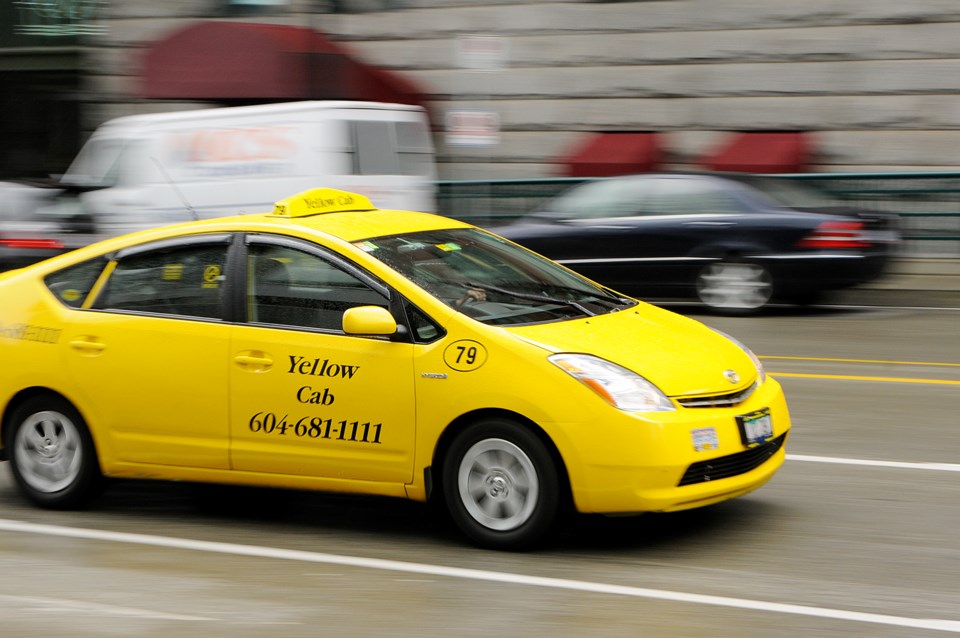Behind the friendly little icons on your smartphones, a multi-billion-dollar political battle wages between Silicon Valley tech-giant Uber and the global taxi service rank and file.
In Vancouver, where cabs can be hard to come by, the roll out of the semi-secret service in the summer of 2012 was hailed as a godsend by local media and celebrities, only to be ushered out the door just as quickly by BC's Passenger Transportation Board in November of the same year. The PTB demanded Uber charge a minimum of $75 per trip (as applies to limousines), regardless of distance travelled or duration, effectively shutting Uber out for the first time in its expansion history.
Despite greenest city goals and a growing reputation as a tech hub, Vancouver has, according to Uber co-founder and CEO Travis Kalanick, been one of the hardest markets to crack; but the $18-billion app has faced similar roadblocks around the world. Protests in Paris and London and an all-out ban in Germany have been rounded out with Barcelona authorities announcing plans to impound Uber vehicles, and Madrid threatening fines of up to €18,000 ($25,300 CAD) for drivers and passengers caught using the service. Uber has also been banned in New Orleans, Miami, and Brussels.
In Canada, modified versions of Uber have taken root in Toronto, Montreal, and Halifax, and the company recently met with the City of Edmonton. But this weekend in Ottawa, an unlicensed version that began operating last week was hit with an undercover sting, and two drivers were charged with operating a cab without a taxi driver license. The drivers face fines of $650 each, and additional bylaw charges are possible.
Back in Vancouver, the cab companies and regulatory boards had seemingly put the issue to bed. But in September, Uber began staging its comeback, tweeting about its intention to return with the hashtag #VancUber and advertising on Facebook for drivers, thus rekindling the debate.
Last week, Uber appeared in front of Vancouver City Council, where spokesperson Chris Scafer entered a plea to allow innovative new technology to compete with the city's cab monopoly.
Also present were two dozen Vancouver cab operators who collectively dread the impact Uber would have on their livelihoods. In cities where Uber operates, cab operators have reported income losses as high as 60 per cent, while 20 per cent of each fare ends up in Uber coffers in California.
There is also the fear that taxi licenses, which are sold by the provincial government, will lower in value. Initially available for a reasonable fee, their restricted numbers can drive the trading price as high as $800,000 each.
After hearing Uber's pitch, Vancouver city council voted Oct. 1 to delay Uber's entry for at least six months while it looks into the impact that it could have on the taxi industry.
Vancouver taxi companies have said they will only agree to partner with Uber if the two parties are on equal terms and Uber operates within legal guidelines.
Founded in 2009, Uber is an on-demand chauffeur service that allows private drivers to connect directly with passengers via a GPS-based app. It operates in lieu of government-regulated taxi services, outside their lucrative licensing structures, and threatens to render the traditional taxi system obsolete.
While proponents argue free market capitalism, critics warn of a unlicensed wild west where passengers are at the mercy of potentially dangerous drivers and unmetered pricing determined by supply and demand.
To date, Uber has launched in over 200 cities.



